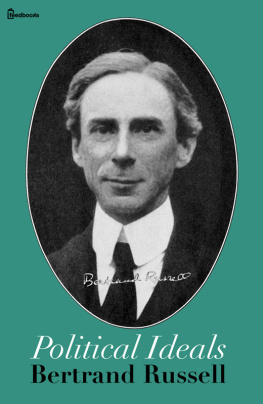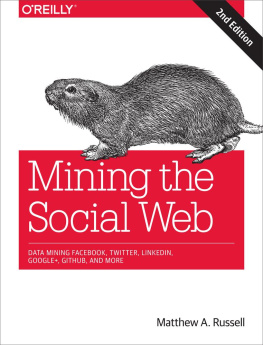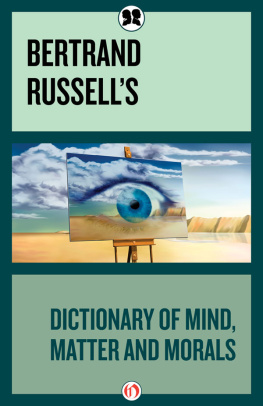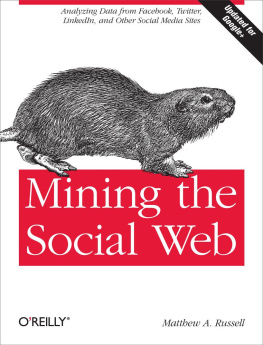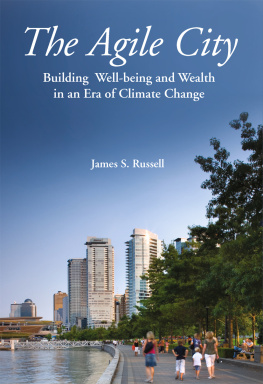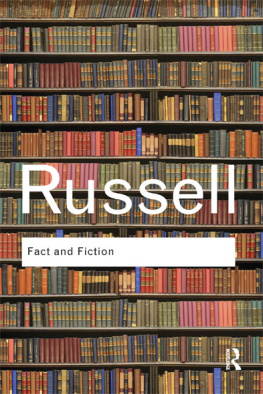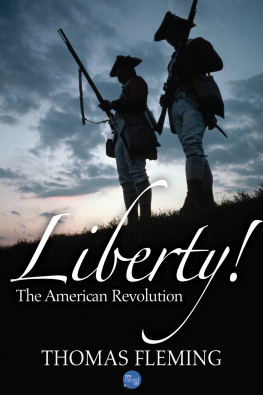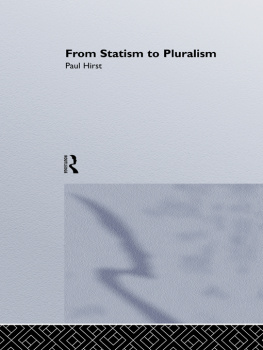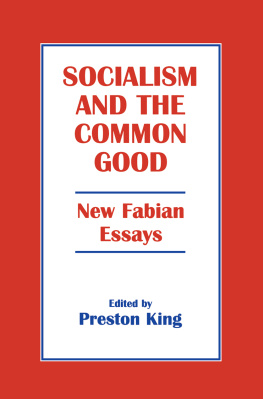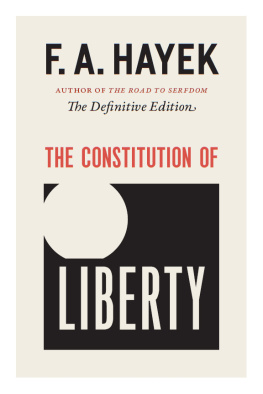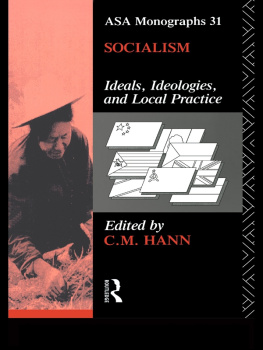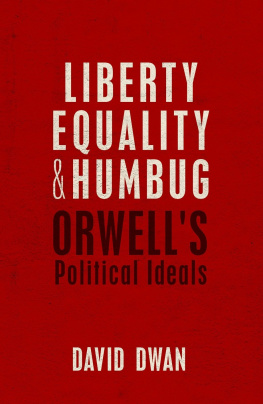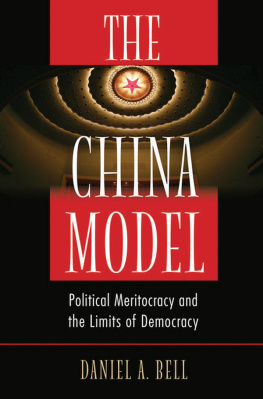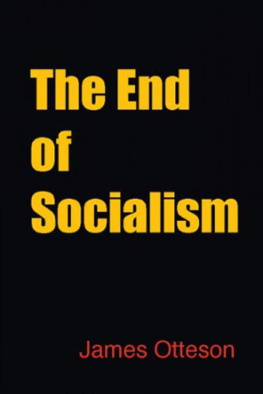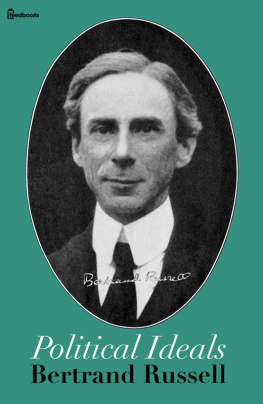Russell - Political Ideals
Here you can read online Russell - Political Ideals full text of the book (entire story) in english for free. Download pdf and epub, get meaning, cover and reviews about this ebook. year: 1917, publisher: Feedbooks, genre: Politics. Description of the work, (preface) as well as reviews are available. Best literature library LitArk.com created for fans of good reading and offers a wide selection of genres:
Romance novel
Science fiction
Adventure
Detective
Science
History
Home and family
Prose
Art
Politics
Computer
Non-fiction
Religion
Business
Children
Humor
Choose a favorite category and find really read worthwhile books. Enjoy immersion in the world of imagination, feel the emotions of the characters or learn something new for yourself, make an fascinating discovery.
Political Ideals: summary, description and annotation
We offer to read an annotation, description, summary or preface (depends on what the author of the book "Political Ideals" wrote himself). If you haven't found the necessary information about the book — write in the comments, we will try to find it.
Five essays: Political Ideals; Capitalism and the Wage System; Pitfalls in Socialism; Individual Liberty and Public Control; National Independence and Internationalism.
Political Ideals — read online for free the complete book (whole text) full work
Below is the text of the book, divided by pages. System saving the place of the last page read, allows you to conveniently read the book "Political Ideals" online for free, without having to search again every time where you left off. Put a bookmark, and you can go to the page where you finished reading at any time.
Font size:
Interval:
Bookmark:


Published: 1917
Categorie(s): Non-Fiction, Human Science, Philosophy, Socialscience, Political science
Source: Project Gutenberg
Bertrand Arthur William Russell, 3rd Earl Russell, OM, FRS (18May 1872 2 February 1970), was a British philosopher, logician,mathematician, historian, religious sceptic, social reformer,socialist and pacifist. Although he spent the majority of his lifein England, he was born in Wales, where he also died. Russell ledthe British "revolt against idealism" in the early 1900s and isconsidered one of the founders of analytic philosophy along withhis protg Wittgenstein and his elder Frege. He co-authored, withA. N. Whitehead, Principia Mathematica, an attempt to groundmathematics on logic. His philosophical essay "On Denoting" hasbeen considered a "paradigm of philosophy." Both works have had aconsiderable influence on logic, mathematics, set theory,linguistics and analytic philosophy. He was a prominent anti-waractivist, championing free trade between nations andanti-imperialism. Russell was imprisoned for his pacifist activismduring World War I, campaigned against Adolf Hitler, for nucleardisarmament, criticised Soviet totalitarianism and the UnitedStates of America's involvement in the Vietnam War. In 1950,Russell was awarded the Nobel Prize in Literature, "in recognitionof his varied and significant writings in which he championshumanitarian ideals and freedom of thought."
- Mysticism andLogic and Other Essays (1918)
- TheProblems of Philosophy (1912)
- Proposed Roads toFreedom (1918)
http://www.feedbooks.com
Strictly for personal use, do not use this file for commercialpurposes.
In dark days, men need a clear faith and a well-grounded hope;and as the outcome of these, the calm courage which takes noaccount of hardships by the way. The times through which we arepassing have afforded to many of us a confirmation of our faith. Wesee that the things we had thought evil are really evil, and weknow more definitely than we ever did before the directions inwhich men must move if a better world is to arise on the ruins ofthe one which is now hurling itself into destruction. We see thatmen's political dealings with one another are based on wholly wrongideals, and can only be saved by quite different ideals fromcontinuing to be a source of suffering, devastation, and sin.
Political ideals must be based upon ideals for the individuallife. The aim of politics should be to make the lives ofindividuals as good as possible. There is nothing for thepolitician to consider outside or above the various men, women, andchildren who compose the world. The problem of politics is toadjust the relations of human beings in such a way that eachseverally may have as much of good in his existence as possible.And this problem requires that we should first consider what it isthat we think good in the individual life.
To begin with, we do not want all men to be alike. We do notwant to lay down a pattern or type to which men of all sorts are tobe made by some means or another to approximate. This is the idealof the impatient administrator. A bad teacher will aim at imposinghis opinion, and turning out a set of pupils all of whom will givethe same definite answer on a doubtful point. Mr. Bernard Shaw issaid to hold that Troilus and Cressida is the best of Shakespeare'splays. Although I disagree with this opinion, I should welcome itin a pupil as a sign of individuality; but most teachers would nottolerate such a heterodox view. Not only teachers, but allcommonplace persons in authority, desire in their subordinates thatkind of uniformity which makes their actions easily predictable andnever inconvenient. The result is that they crush initiative andindividuality when they can, and when they cannot, they quarrelwith it.
It is not one ideal for all men, but a separate ideal for eachseparate man, that has to be realized if possible. Every man has itin his being to develop into something good or bad: there is a bestpossible for him, and a worst possible. His circumstances willdetermine whether his capacities for good are developed or crushed,and whether his bad impulses are strengthened or gradually divertedinto better channels.
But although we cannot set up in any detail an ideal ofcharacter which is to be universally applicablealthough we cannotsay, for instance, that all men ought to be industrious, orself-sacrificing, or fond of musicthere are some broad principleswhich can be used to guide our estimates as to what is possible ordesirable.
We may distinguish two sorts of goods, and two correspondingsorts of impulses. There are goods in regard to which individualpossession is possible, and there are goods in which all can sharealike. The food and clothing of one man is not the food andclothing of another; if the supply is insufficient, what one manhas is obtained at the expense of some other man. This applies tomaterial goods generally, and therefore to the greater part of thepresent economic life of the world. On the other hand, mental andspiritual goods do not belong to one man to the exclusion ofanother. If one man knows a science, that does not prevent othersfrom knowing it; on the contrary, it helps them to acquire theknowledge. If one man is a great artist or poet, that does notprevent others from painting pictures or writing poems, but helpsto create the atmosphere in which such things are possible. If oneman is full of good-will toward others, that does not mean thatthere is less good-will to be shared among the rest; the moregood-will one man has, the more he is likely to create amongothers. In such matters there is no possession, because there isnot a definite amount to be shared; any increase anywhere tends toproduce an increase everywhere.
There are two kinds of impulses, corresponding to the two kindsof goods. There are possessive impulses, which aim at acquiring orretaining private goods that cannot be shared; these center in theimpulse of property. And there are creative or constructiveimpulses, which aim at bringing into the world or making availablefor use the kind of goods in which there is no privacy and nopossession.
The best life is the one in which the creative impulses play thelargest part and the possessive impulses the smallest. This is nonew discovery. The Gospel says: "Take no thought, saying, Whatshall we eat? or What shall we drink? or, Wherewithal shall we beclothed?" The thought we give to these things is taken away frommatters of more importance. And what is worse, the habit of mindengendered by thinking of these things is a bad one; it leads tocompetition, envy, domination, cruelty, and almost all the moralevils that infest the world. In particular, it leads to thepredatory use of force. Material possessions can be taken by forceand enjoyed by the robber. Spiritual possessions cannot be taken inthis way. You may kill an artist or a thinker, but you cannotacquire his art or his thought. You may put a man to death becausehe loves his fellow-men, but you will not by so doing acquire thelove which made his happiness. Force is impotent in such matters;it is only as regards material goods that it is effective. For thisreason the men who believe in force are the men whose thoughts anddesires are preoccupied with material goods.
Font size:
Interval:
Bookmark:
Similar books «Political Ideals»
Look at similar books to Political Ideals. We have selected literature similar in name and meaning in the hope of providing readers with more options to find new, interesting, not yet read works.
Discussion, reviews of the book Political Ideals and just readers' own opinions. Leave your comments, write what you think about the work, its meaning or the main characters. Specify what exactly you liked and what you didn't like, and why you think so.

